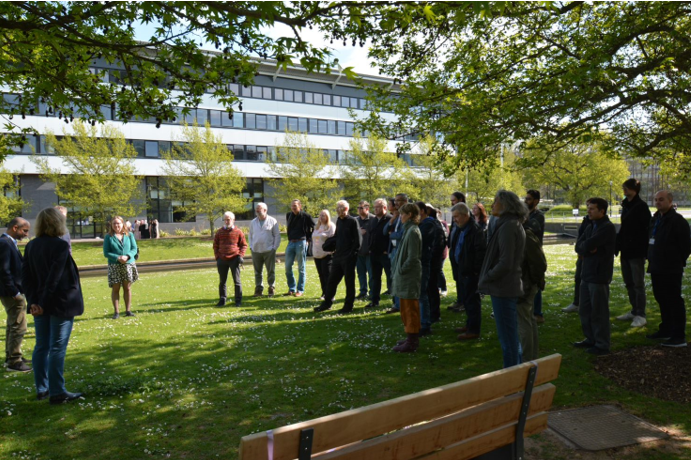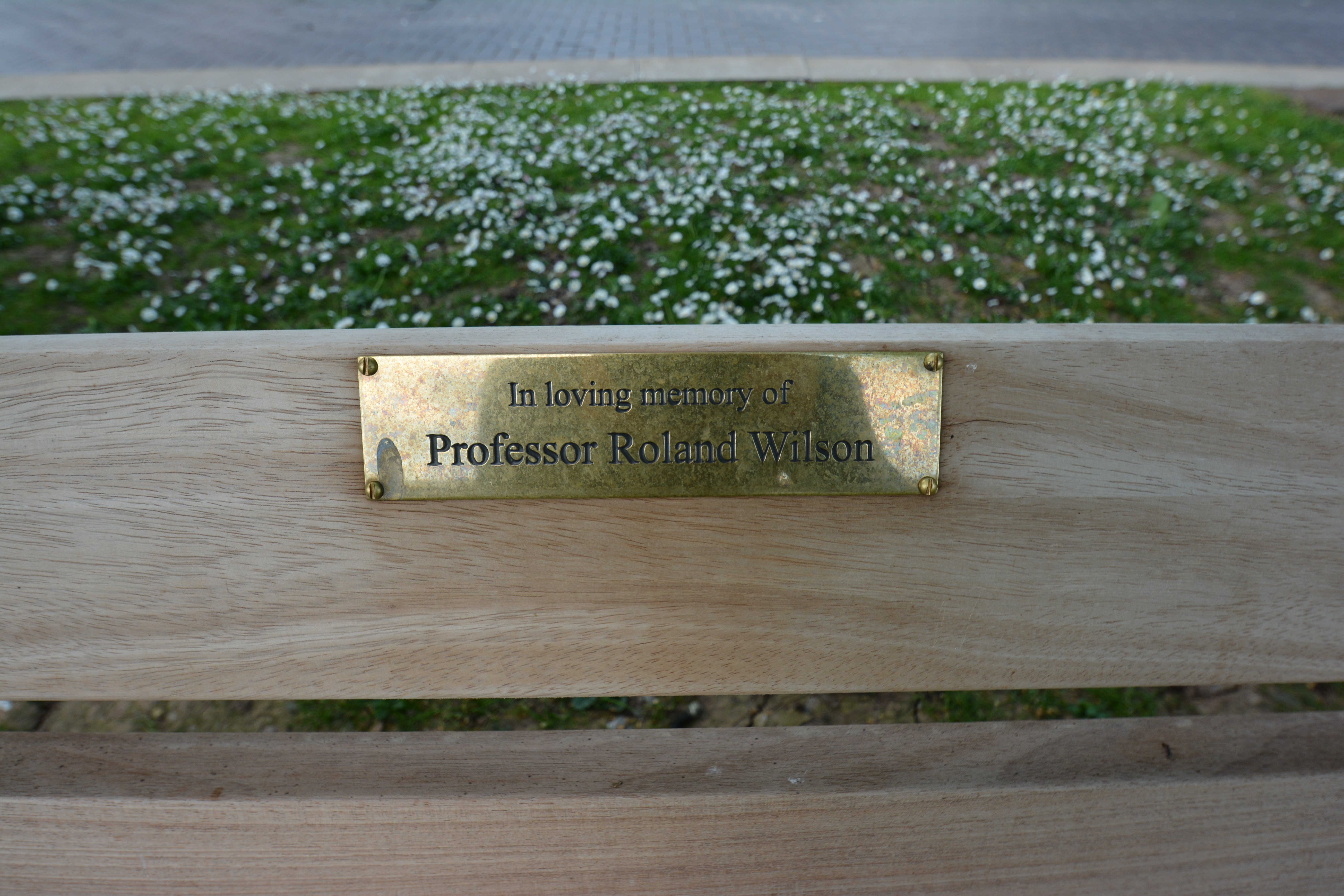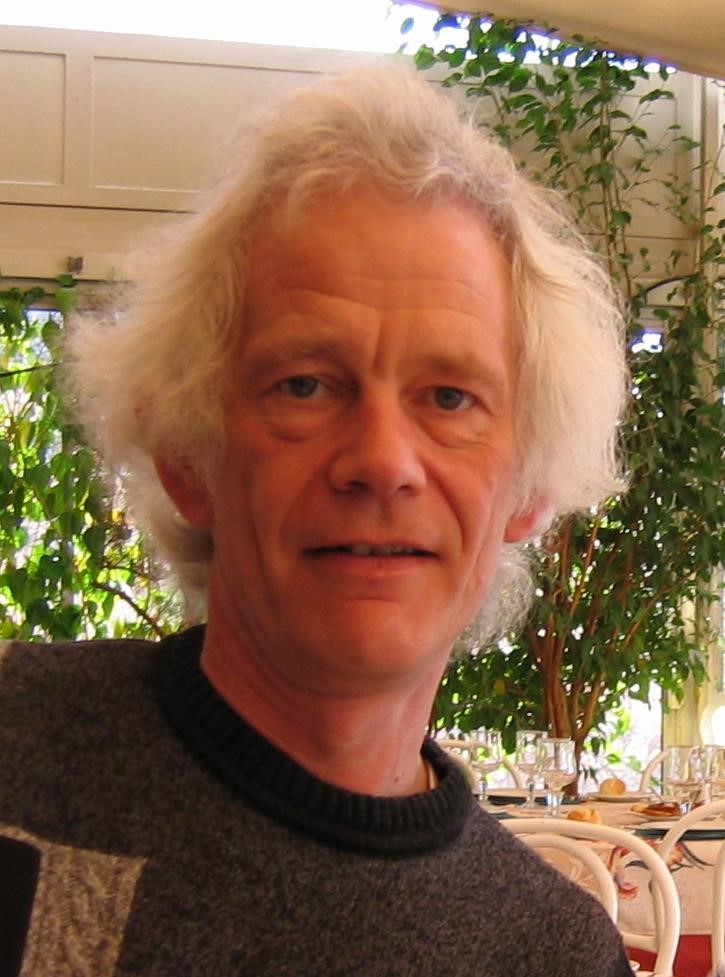Departmental news
Up half the night? Or out like a light? Warwick research finds health consequences for both
A study led by University of Warwick Professor Jianfeng Feng has found that regularly sleeping too little is associated with depression and brain loss in emotion areas, while sleeping too long is associated with cognitive decline and degenerative diseases.
Sleeping the right amount is crucial for long term health. 7 hours has recently been proposed as the average amount of sleep to aim for as an adult, yet some people regularly get too little, while others get more than they need.
AI tool developed to help grade cancer based on cell divisions
Ahead of World Cancer Day on 4 February, scientists are revealing a cutting-edge artificial intelligence (AI) tool designed to help grade cancer, by analysing cell division.
In numerous cancer types, counting the number of cells undergoing division, known as mitotic figures, serves as a key indicator of cancer aggressiveness, or grade. This information helps inform treatment pathways, making it a crucial asessment tool. Traditional mitosis counting is both time-consuming and plagued by poor reliability. To address this, scientists have developed a new tool, MitPro, which uses AI to count and profile mitosis.
Histofy, a spin-out company from The University of Warwick that is leading developer of AI solutions for pathology, has engineered the tool to accurately profile mitosis throughout the entire tumour sample. This identifies the most suitable areas for further analysis.
Latest two academic promotions
We are happy to announce that Dr Gihan Mudalige and Dr Victor Sanchez have both been promoted to Professor from 1st August 2023.
Many congratulations to our colleagues for all their achievements!
Publication of Professor Edmund Rolls' Book "Brain Computations and Connectivity" by Oxford University Press with Open Access
Professor Edmund Rolls is pleased to announce the publication of his 16th book, Rolls,E.T. (2023) Brain Computations and Connectivity. Oxford University Press: Oxford. Open Access.
Brain Computations and Connectivity provides a computational framework for understanding brain function in health and disease. The book also describes many discoveries on the computational functions of many brain regions.
The book includes research performed with many members of the Department of Computer Science including Professor Jianfeng Feng. The Gatsby Foundation is thanked for a grant towards the cost of enabling this book to be Open Access. A link to the book is available here.
Amina Asif joins the department as a Teaching Fellow
We are happy to announce that Dr Amina Asif has joined the Department of Computer Science as a Teaching Fellow. Amina has previously worked with us as part of the Tissue Image Analytics (TIA) centre, where her research focussed on weak supervision and model robustness in Computational Pathology. We welcome her to the department!
Promotion to Associate Professor
We are happy to announce that Dr Shan Raza has been promoted to Associate Professor from 1 January 2023. Since joining Warwick in 2019, he has made a significant contribution to the activities of the Tissue Image Analytics (TIA) Centre and the PathLAKE initiative. Many congratulations to Shan for his achievements!
Latest two academic promotions
We are happy to announce two promotions in the department.
Dr Fayyaz Minhas has been promoted to Associate Professor from 1 July 2022.
Dr Rossella Suma has been promoted to Assistant Professor from 1 August 2022.
Many congratulations to our colleagues for all their achievements!
Review of Professor Edmund Rolls' Book, "Brain Computations: What and How"
Professor Edmund T Rolls' book, Brain Computations: What and How, has now been reviewed in Brain, where it has been described as "the first complete attempt to summarize our current knowledge about computation in the brain". The book considers what is computed in each brain system; and how it is computed. The reviewer considers that this book may provide a grand unifying theory, with biologically plausible models of brain computations. The book review, and information about Brain Computations: What and How (Rolls 2021) Oxford University Press are available here.
Emeritus Professor Roland Wilson – Celebration and Memorial
Colleagues, friends, family and former students of Professor Roland Wilson gathered last Friday to celebrate his life and to inaugurate a bench in his memory. The bench is located outside the Department, surrounded by daisies at this time of year, overlooking the lake and the fountains.
Roland's son and daughter toured the Department and visited one of the research groups which is building on Roland’s intellectual legacy under the leadership of his former PhD student Nasir Rajpoot (now a Professor in the Department). Dr Abhir Bhalerao, also a former student and close colleague of Roland, said a few words about Roland's contribution to our community and his lasting importance to us. Head of Department Professor Yulia Timofeeva cut a ribbon on the bench before we all returned to the common room to share memories and anecdotes.
Although an emotional occasion for many of us, it was very nice to be able to gather together again after the restrictions of the last two years and to remember Roland and his legacy.




TIA paper on prediction of colon cancer mutations and DNA mismatch repair deficiency
A team of TIA researchers have published their study on a new deep learning algorithm that can pick up the molecular pathways and development of key mutations causing colorectal cancer more accurately than existing methods, meaning patients could benefit from targeted therapies with quicker turnaround times and at a lower cost. The research was funded by the UK Medical Research Council (MRC) and conducted in collaboration with colleagues at the UHCW NHS Trust, University of Nottingham and WHO IARC. The study has just been published in the prestigious Lancet Digital Health journal.
